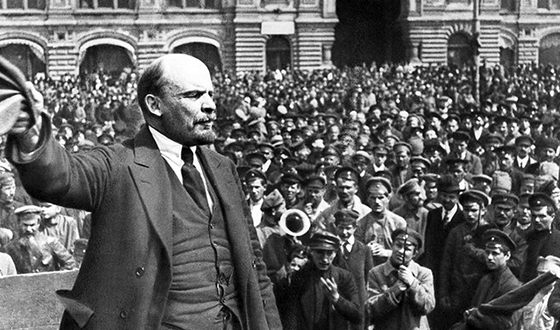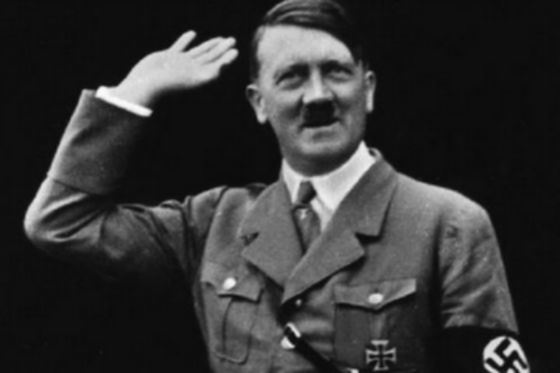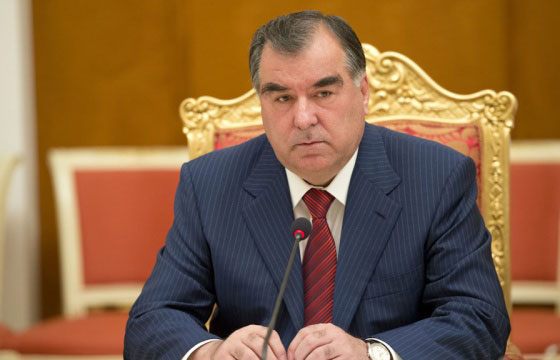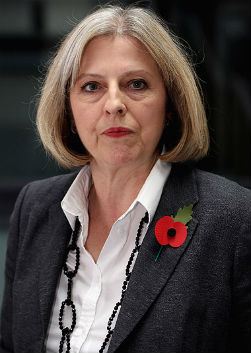Georgiy Zhukov
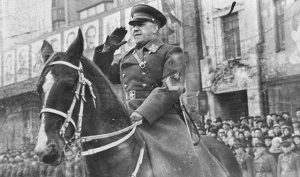 Georgy Konstantinovich Zhukov – Soviet commander, who headed the defeat of the invincible Wehrmacht by the Red Army in 1945. He had to learn not only world-wide fame and tremendous honor, but also disgrace – removal from office, reproaches in exaggerating his own merits, in that during military operations he made mistakes paid with the blood of millions of citizens.
Georgy Konstantinovich Zhukov – Soviet commander, who headed the defeat of the invincible Wehrmacht by the Red Army in 1945. He had to learn not only world-wide fame and tremendous honor, but also disgrace – removal from office, reproaches in exaggerating his own merits, in that during military operations he made mistakes paid with the blood of millions of citizens.
MILITARY CAREER
In 1915, a young man was drafted into the Imperial Army. He fought in the First World War with dignity, rose to the rank of non-commissioned officer. In 1916, after a contusion, he partially lost his hearing, because of which he was transferred to a reserve regiment located in Balakliya near Kharkov. For his valor he was awarded two crosses of St. George. George Zhukov in his youth Read: Famous lesbians and their second half. In the Civil War, he fought in the ranks of the Red Army. At the age of 23, he joined the Communist Party, a year later in Ryazan became a student of cavalry courses, and after graduation, he received the position of the platoon commander. Soon he headed the squadron, in 1923 – the regiment, in 1930 – the brigade, then – the division. At the same time, he constantly improved his theoretical knowledge, and also taught several years at the Belarusian State University. In 1938 he was seconded as deputy commander of the Belarusian IN. A year later, he became the head of the Soviet formations in the Mongolian People’s Republic, where, thanks to his able leadership, the Japanese army was destroyed at Khalkhin Gol, which invaded Manchuria. As a result, Zhukov received general epaulets and a Hero’s star. Georgy Zhukov became a general in 1938. In 1940 he was entrusted with the leadership of the troops of the Kiev Military District, the strongest in the Red Army. Then he executed the directive of the People’s Commissariat on the accession of Bessarabia and Bukovina by force, which were considered illegally occupied by the Romanian monarchy. A year later he received the post of chief of the General Staff and Deputy Defense Commissar.
THE GREAT PATRIOTIC WAR
At the very beginning of the Second World War, he headed the South-Western Front, having managed to provide a powerful counter-attack on tank divisions of the enemy advancing on Kiev. In August, due to the insistent demands regarding the withdrawal of troops from the capital of Ukraine, which did not coincide with the opinion of Joseph Stalin, he was removed from his post as Chief of the General Staff and appointed commander of the Reserve Front, and then Leningradsky. In a critical situation, he managed to prevent the Nazis from capturing the Northern Capital. Then he made a decisive contribution to the defense of Moscow, commanding the Western Front. Georgy Zhukov became commander of the Reserve Front. From 1942, the commander, a permanent member of the Stavka, was deputy to the Supreme Command and also deputy to the People’s Commissar of Defense, acting as front coordinator directly in combat areas. Largely due to the innovative ideas he proposed, the Stalingrad Wehrmacht group was destroyed, in 1943 a number of defensive and offensive companies were carried out on the Kursk Bulge, the 900-day blockade of Leningrad was broken. January 18, 1943 Zhukov was awarded the title Marshal. In 1944, he was again awarded the Hero’s star, and a year later he was again honored with this highest degree of distinction. It was he who accepted the capitulation of Germany and the Victory Parade in Moscow and in Berlin. In 1946 he became Commander-in-Chief of the Land Forces and Deputy Minister of the Armed Forces of the country. Georgy Zhukov at the parade in honor of the Victory
LIFE AFTER BOB
Subsequently, the fate of the legendary commander was not easy – after the end of the war, he fell into disfavor with Stalin. The Secretary General recalled the surrender of Kiev to the Nazis in 1941 – then the conflict had to be “frozen”, but after the war the confrontation resumed. Lawrence Beria and General Viktor Abakumov also played against Zhukov. Later, to a question from journalists about the reasons for the disgraces, Zhukov answered the following: “Envy of my fame. And Beria in every possible way warmed this feeling. They also remembered my ability to object to Stalin. ” Based on the testimony of Marshal Novikov (seized during brutal interrogations), Zhukov was accused of abuse of authority, misappropriation of trophies, etc. On June 9, 1946, he lost high government posts and headed the Odessa Military District initially, which was practically a reference. In Odessa, Zhukov fought against crime, was remembered by the local residents by the operation “Masquerade”: the officers changed their clothes in ordinary clothes and thus caught the violators of the law “on the bait.” He bothered about the issuance of office housing to his subordinates, tried to whitewash his reputation with a zealous service, but in vain. After the war, George Zhukov fell into disgrace. In 1948, he was again accused by the Politburo of misappropriating war trophies from Germany, banishing him to the Urals Military District. During the search, the marshal really found valuables: carpets, paintings, antiques, fabric and furs. At the new duty station in Sverdlovsk, Zhukov lived in conditions of Spartan asceticism, slept on a cot. In October 1952, he was returned to Belokamennaya for the post of Defense Minister — a new alarming turn of history began, now known as the Cold War, and Stalin needed proven people nearby.
